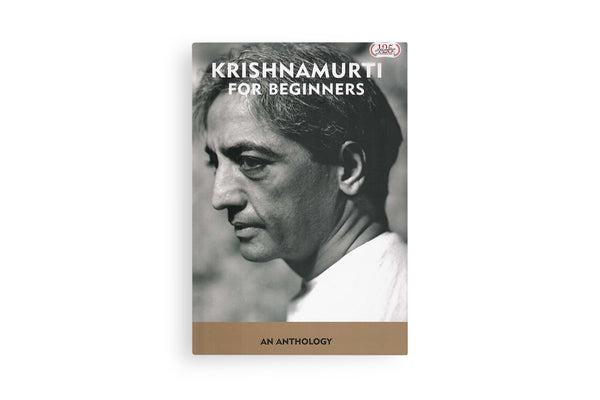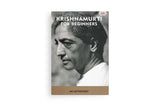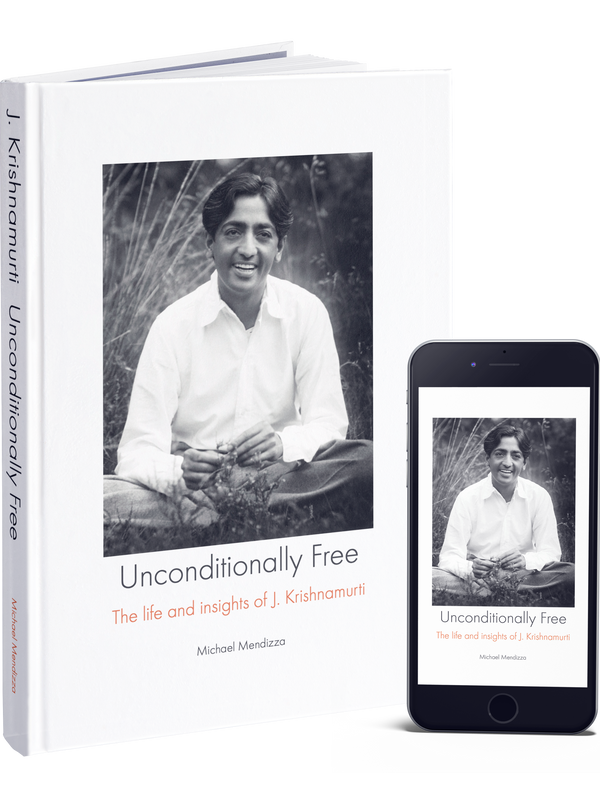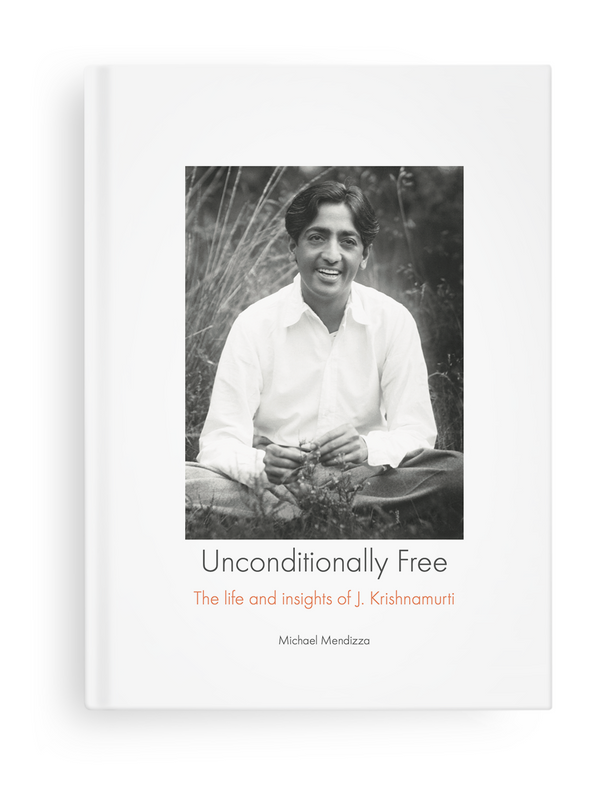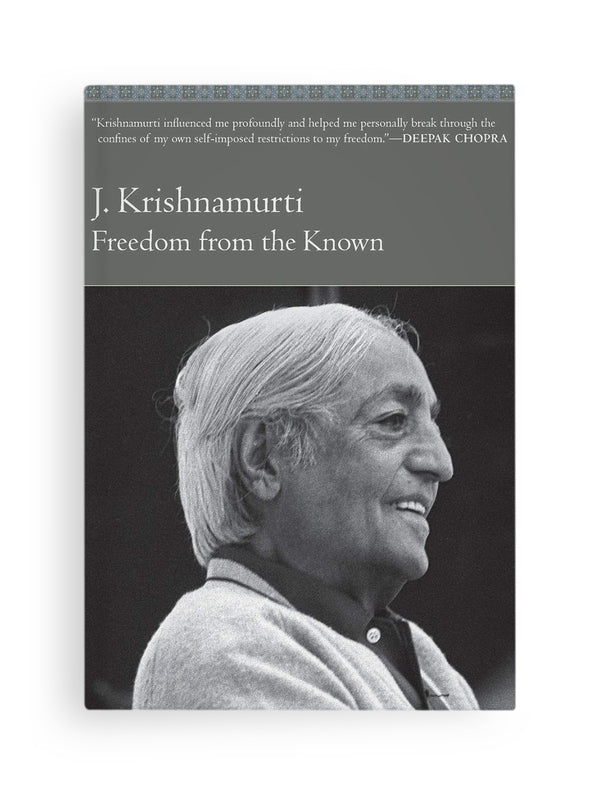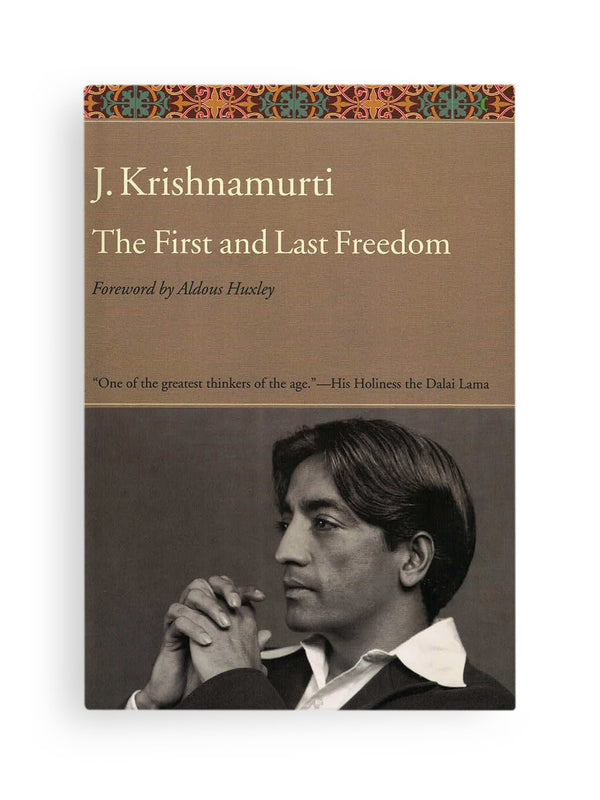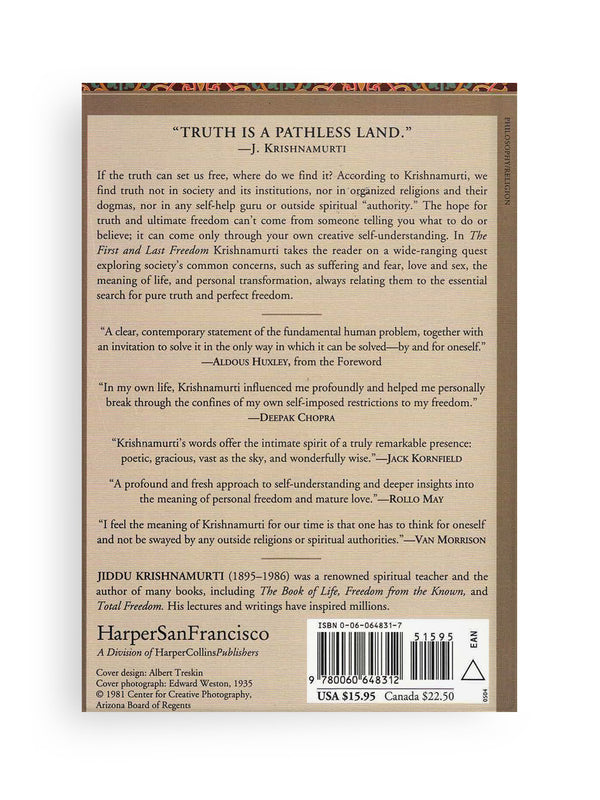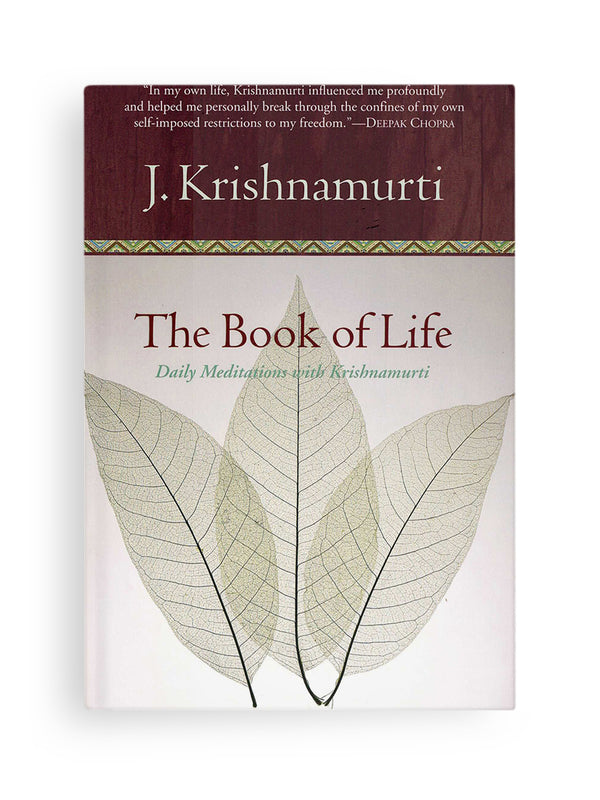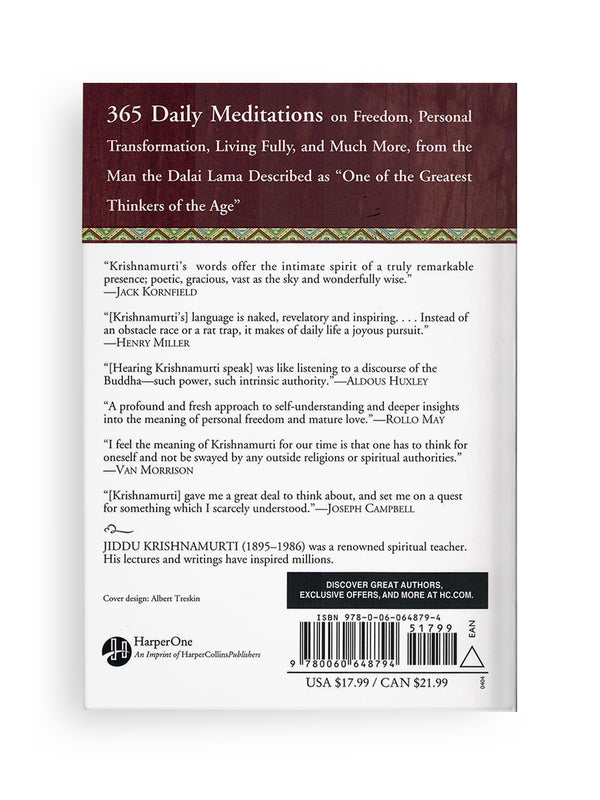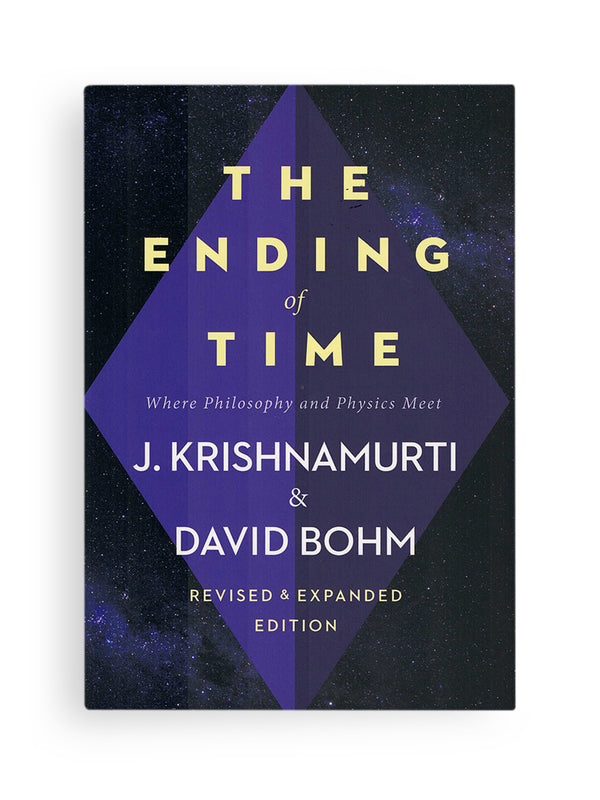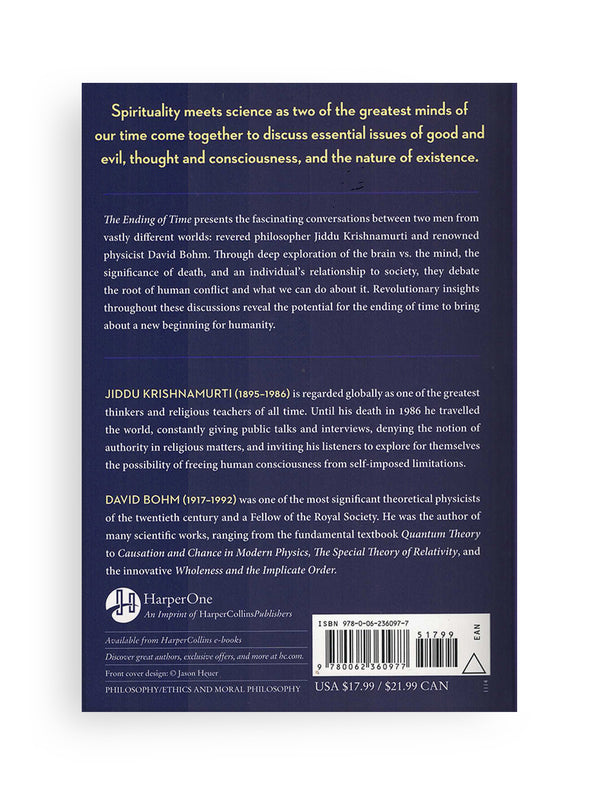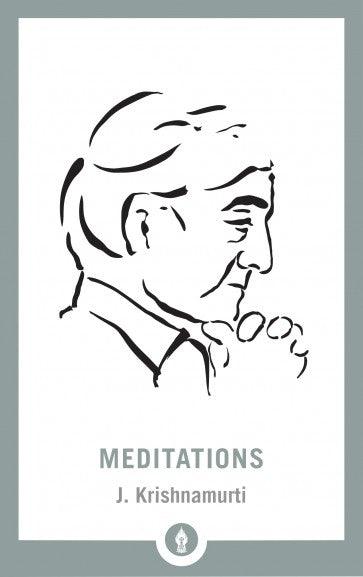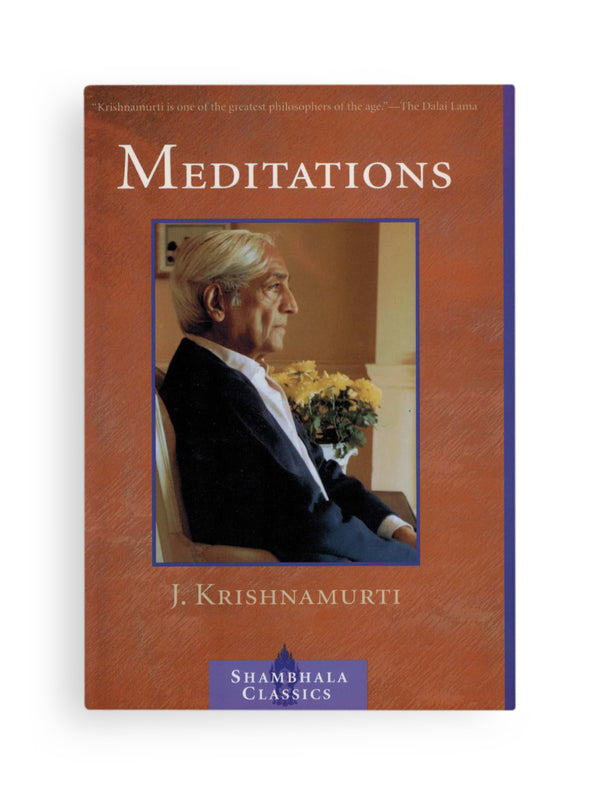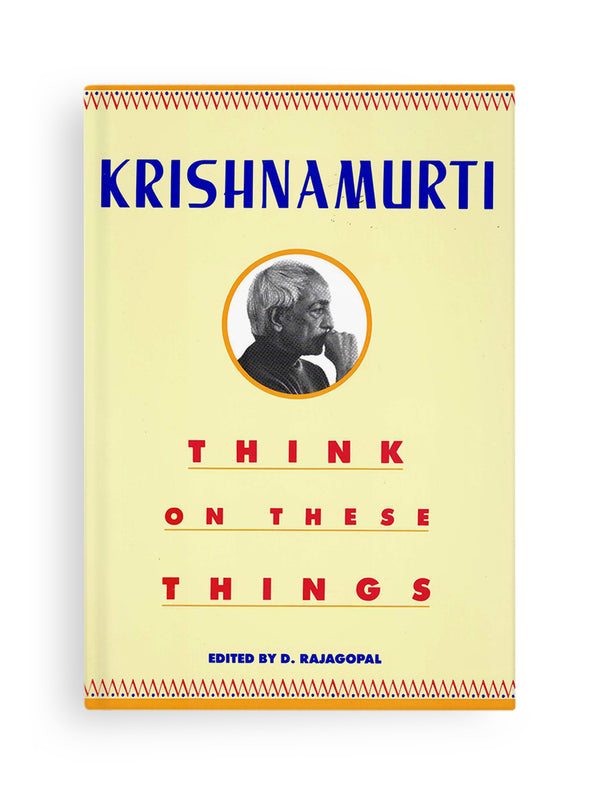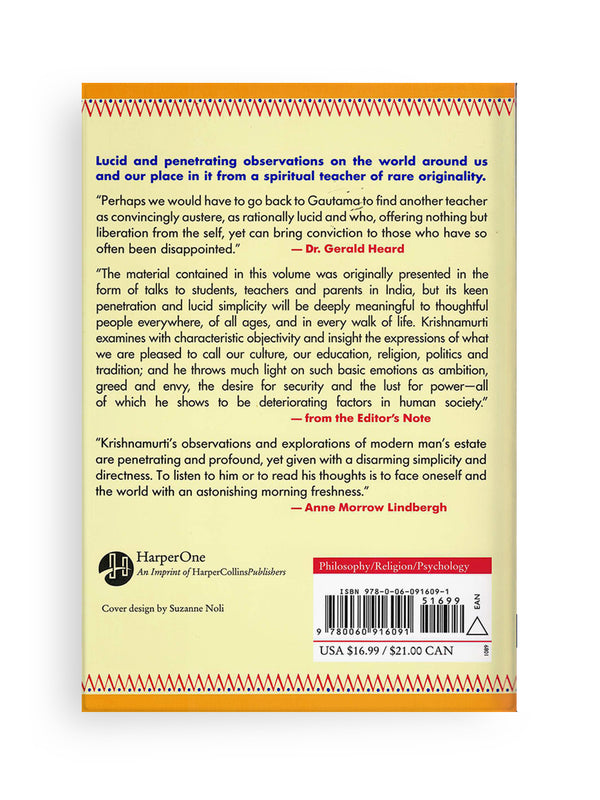The best introduction to Krishnamurti is Krishnamurti himself—his books, video and audio recordings—and not interpreters and commentators. It is in this spirit that this book is being presented.
As the title of the book itself indicates, Krishnamurti for Beginners is meant primarily for those unacquainted with his teachings. The problems of daily living that confront every human being and Krishnamurti’s original approach to them, as well as his timeless vision of life and the sacred, form the basis of the selections. However, no single volume like this can hope to capture the depth and the width of the teachings that he imparted to the world for more than sixty years.
The Anthology comprises a variety of genres that Krishnamurti employed to communicate his message—public talks, answers to questions, writings, interviews, diaries, dictations, letters, dialogues, and discussions—and ranges over the period from 1948 to 1983.
An Introduction presents an overview of Krishnamurti’s extraordinary life and mission as the World Teacher.
Jiddu Krishnamurti lived from 1895 to 1986, and is regarded as one of the greatest philosophical and spiritual figures of the twentieth century. Krishnamurti claimed no allegiance to any caste, nationality or religion and was bound by no tradition. His purpose was to set humankind unconditionally free from the destructive limitations of conditioned mind. For nearly sixty years he traveled the world and spoke spontaneously to large audiences until the end of his life in 1986 at the age of ninety. He had no permanent home, but when not traveling, he often stayed in Ojai, California, Brockwood Park, England, and in Chennai, India. In his talks, he pointed out to people the need to transform themselves through self knowledge, by being aware of the subtleties of their thoughts and feelings in daily life, and how this movement can be observed through the mirror of relationship.

